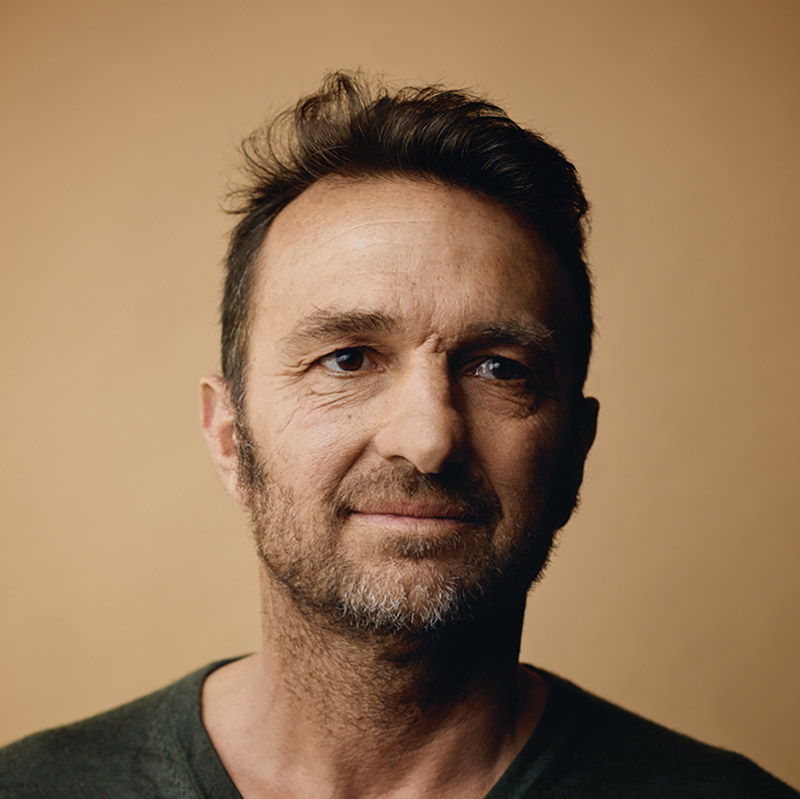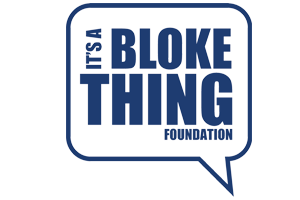17 January 2023
By Tim Baker
My PSA tends to bounce around. I know this. I’ve been living with this mercurial reality for seven and a half years. My oncologist says this is a good thing, that my cancer is still hormone sensitive, that it drops quickly on Androgen Deprivation Therapy, but often jumps at an alarming rate when I take a break from the debilitating meds.
Sometimes I think I’ve made my peace with this. Holidays from hormone therapy are priceless, some relief from its insidious side effects, feeling clearer in the head, with more energy, an improved ability to emotional regulate myself. But the irony is that the better I feel the more likely it is that my PSA’s about to jump and I’ll return to the travails of hormone therapy and begin the cycle anew.
I might bitch and moan about the impacts of hormone therapy but when my PSA jumps, I’m just grateful the stuff is still working and book in to take another dose. Despite this yo-yoing existence, intermittent hormone therapy seems to have served me well. Seven and a half years on, my cancer’s been effectively managed and my side effects have been minimised.
Even so, a sudden spike in PSA can still knock me off centre. My blood tests go to my GP and my oncologist, and sometimes my GP will text the results through to me to shorten the anxious wait. When the results are good, this is a blessing - a sigh of relief, a chance to breathe a little more freely, the prospect of another month’s holiday from hormone therapy.
When the results aren’t so good, a simple number on a blood test result has the power to alter my entire mood. I’m getting ready for a birthday party at my place, to mark my 58th orbit of the sun. We’re getting the band back together, holding a jam on our front veranda and good mates have jumped aboard, setting up a PA system, amps, drum kit, even lighting. In the midst of a string of party day chores my phone pings. I glance at the text message, see who it’s from, know what it’s going to be. I click on the image and squint to read the tiny type. The number’s in red. That’s not good. That means it falls above the acceptable range, which is below 3. I have to expand the image with two fingers to read the actual number. 36. Shit! That is a wild jump. I’ve had a three-month holiday from ADT and because my results have been so good and so stable for so long, I’ve even enjoyed a leave pass to skip a test and a doctor’s visit over Christmas. So, it’s been two months since my last test. But it’s still a helluva jump.
I’ll go to see my oncologist. We’ll agree that I need to go back on ADT. I’ll head to the Oncology Day Unit, hold an ice pack on my abdomen for five minutes to numb the fleshy folds of my gut for the horse needle that delivers the ADT implant. I tend to take a one-month dose rather than the more usual three-month dose, because I sometimes struggle emotionally on ADT and there’s no way of turning off a three-month dose if I’m having a particularly hard time of it.
In a month’s time I’ll front up for another blood test, another PSA result will ping on my phone, and I’ll discover if my cancer is still hormone sensitive and if the ADT has driven my PSA down. So far, it has been spectacularly effective at doing this and I give thanks for the wonders of medical science that are helping keep my cancer at bay. I’m acutely aware that one day I’ll get that PSA result and the ADT will have become ineffective. And what then? More chemo? Some new trial drug? The vast expense of Lutetium, if I’m even eligible?
Living with this kind of uncertainty can be exhausting, for the person going through it and those around them. I can become moody. Easily moved to tears or anger. But over time, I’d like to think I’ve cultivated a kind of surrender. What will be will be. The Stoics once posited that the only way to lasting peace is to focus on those parts of our lives that we have some control over, and to let go of the things we can’t control.
A few hours later, guests are arriving, the band’s all set up, threatening rain is finally showing signs of easing up and that PSA score is, for now, forgotten. Soon I’m thrashing away on my old Fender Stratocaster that I’ve owned since I was a cocky 19-year-old cadet journalist embarking on a career in newspapers. Old songs are dredged from the vault, a few Oz pub rock standards, a few dusty originals from the distant past.
The lights are flashing, people are cheering and dancing, a rotating roster of players step in and out of the jam, just as I’d hoped. I play a few songs, mingle, play a few more, mingle some more, hand round finger food, find myself in hilarious huddles of friends belly laughing at the rowdy banter.
I’ve heard oncologists refer to men who fixate on their PSA scores as “PSA cripples”, charting their results over time on graphs to the third decimal place, their entire emotional state determined by a number on a blood test. This seems unfair. We are PSA warriors, riding this roller coaster, picking ourselves up and dusting ourselves off over and over and over again, unable to get off the rollercoaster even when it leaves us dizzy with despair or green with nausea.
And so, I keep breathing, give thanks to medical science, and the restorative powers of music, friends, the ocean, good food and exercise. We’re much more than a number on a blood test. I get up and do yoga the next day, make a kale and blueberry smoothie, swim some laps, determined to redouble my lifestyle efforts to support good health. While sometimes I loathe the power this whole cycle has over my life, I try and let the dread and anxiety move through me, allowing a quiet acceptance to arise. I’m still here. Still in the game. Another month of sunrises and sunsets. And then another number on a blood test.
I made a bit of a vow a few years ago, not to get on the roller coaster, not to get too carried away by good results or too despondent over bad results. To play the long game. But sometimes it’s easier said than done. Wishing you smooth travels and fewer bumps on your own PSA pathway.
About the Author

Tim Baker is an award-winning author, journalist and storyteller specialising in surfing history and culture, working across a wide variety of media from books and magazines to film, video, and theatre. Some of his most notable books include “Occy”, a national bestseller and chosen by the Australia Council as one of “50 Books You can’t Put Down” in 2008, and “The Rip Curl Story” which documents the rise of the iconic Australian surf brand to mark its 50th anniversary in 2019. Tim is a former editor of Tracks and Surfing Life magazines. He has twice won the Surfing Australia Hall of Fame Culture Award.
Tim was diagnosed with stage 4, metastatic prostate cancer in 2015 with a Gleason score 9. He was told he had just five years of reasonable health left, but seven years on, at 57, he’s still surfing, writing, and enjoying being a dad. His latest book, Patting The Shark, also documents his cancer journey and will be published in August. Tim will be sharing weekly insights into his journey to help other men who have also been impacted by prostate cancer.














